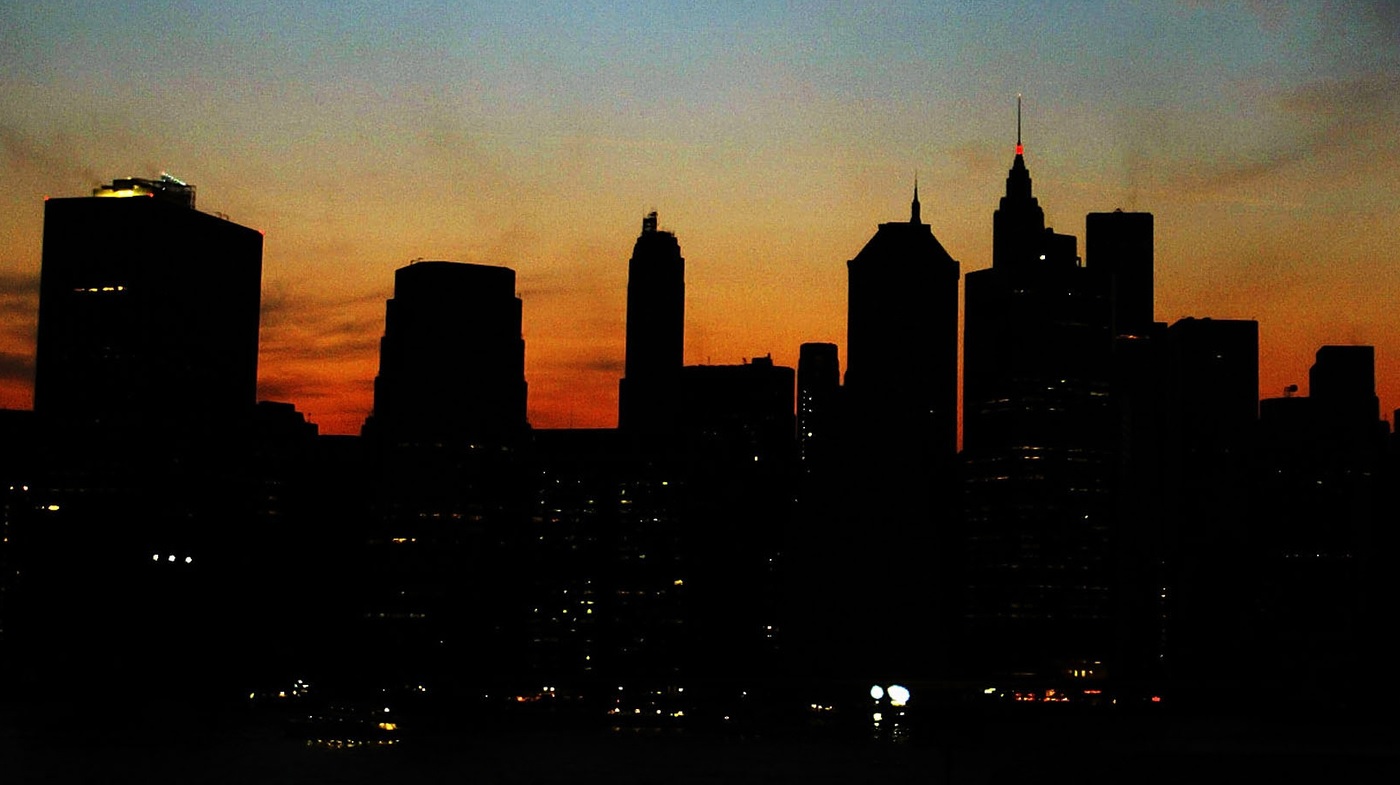Renewable Energy Projects Face Roadblocks Amid Allegations of Obstruction
Billions in Investment at Risk – Who is Stalling Sri Lanka’s Green Energy Revolution?
A group of 43 renewable energy developers has urged President Anura Kumara Dissanayake to intervene in the serious delays affecting renewable energy projects launched under Sri Lanka’s 2021 Expression of Interest (EOI) process. With over USD 3.5 billion in committed foreign direct investment and the potential to create more than 10,000 skilled jobs and 30,000 indirect job opportunities, these projects were expected to play a vital role in Sri Lanka’s energy transition. However, bureaucratic red tape and policy uncertainty continue to stall their progress, raising concerns about the country’s energy security and economic stability.
Government Approvals or Endless Delays? Investors Losing Patience
Despite undergoing a rigorous selection process and securing environmental and regulatory approvals, the developers find themselves stuck in an endless cycle of delays. The projects, originally greenlit by the Sri Lanka Sustainable Energy Authority (SLSEA) and the Ceylon Electricity Board (CEB), have met all legal requirements under the Sri Lanka Sustainable Energy Authority Act, No. 35 of 2007 and the Electricity Act, No. 20 of 2009. Many developers have already invested between LKR 20–50 million per project, covering expenses related to land acquisition, environmental studies, and grid impact assessments. However, multiple government agencies have been slow to process approvals, causing setbacks that threaten investor confidence and project viability.
Sri Lanka Could Lose $3.5 Billion – The Clock is Ticking
The lack of a clear policy framework has only exacerbated the situation. Developers warn that Sri Lanka risks losing USD 3.5 billion in foreign investment as studies indicate that investors often withdraw if policy decisions take more than two years—a threshold the country is now reaching. Additionally, delays in finalizing tariff structures have made it difficult for developers to determine financial feasibility, further discouraging investment in the sector.

A $20 Billion Mistake? The Cost of Sticking with Fossil Fuels
The consequences of these setbacks extend beyond financial losses. An estimated 3,000 MW of renewable energy capacity could have been added to the national grid by 2027, significantly reducing the country’s reliance on expensive fossil fuels. Instead, Sri Lanka continues to depend on coal, diesel, and LNG, resulting in annual losses of LKR 15–20 billion. This reliance on fossil fuels not only strains the economy but also contributes to environmental pollution, leading to increased respiratory diseases and higher healthcare costs. Furthermore, the failure to advance these renewable projects undermines Sri Lanka’s commitments under the Paris Agreement and its goal of achieving 70 percent renewable energy by 2030.
Can the President Save Sri Lanka’s Renewable Energy Future?

In an appeal to the President, the developers have outlined urgent measures that could break the deadlock. They emphasize the need to expedite tariff negotiations by implementing a fair and transparent pricing mechanism in line with regional standards. They also call for a 24-month extension for financial closure and project completion, a move aligned with OECD recommendations that could reduce investment risks by 40 percent. Additionally, they stress the importance of policy stability, urging the government to align its renewable energy strategies with Sri Lanka’s Nationally Determined Contributions (NDC) and international climate finance options, such as the Green Climate Fund.
Act Now or Regret Later – The Future of Green Energy is at Stake
The developers warn that continued inaction will have dire consequences for Sri Lanka’s energy future. Without urgent intervention, the country risks missing a crucial opportunity to secure long-term energy independence, attract sustainable investments, and protect its environment. The time to act is now, before these vital renewable energy projects slip away, leaving Sri Lanka to grapple with the mounting costs of inaction.







